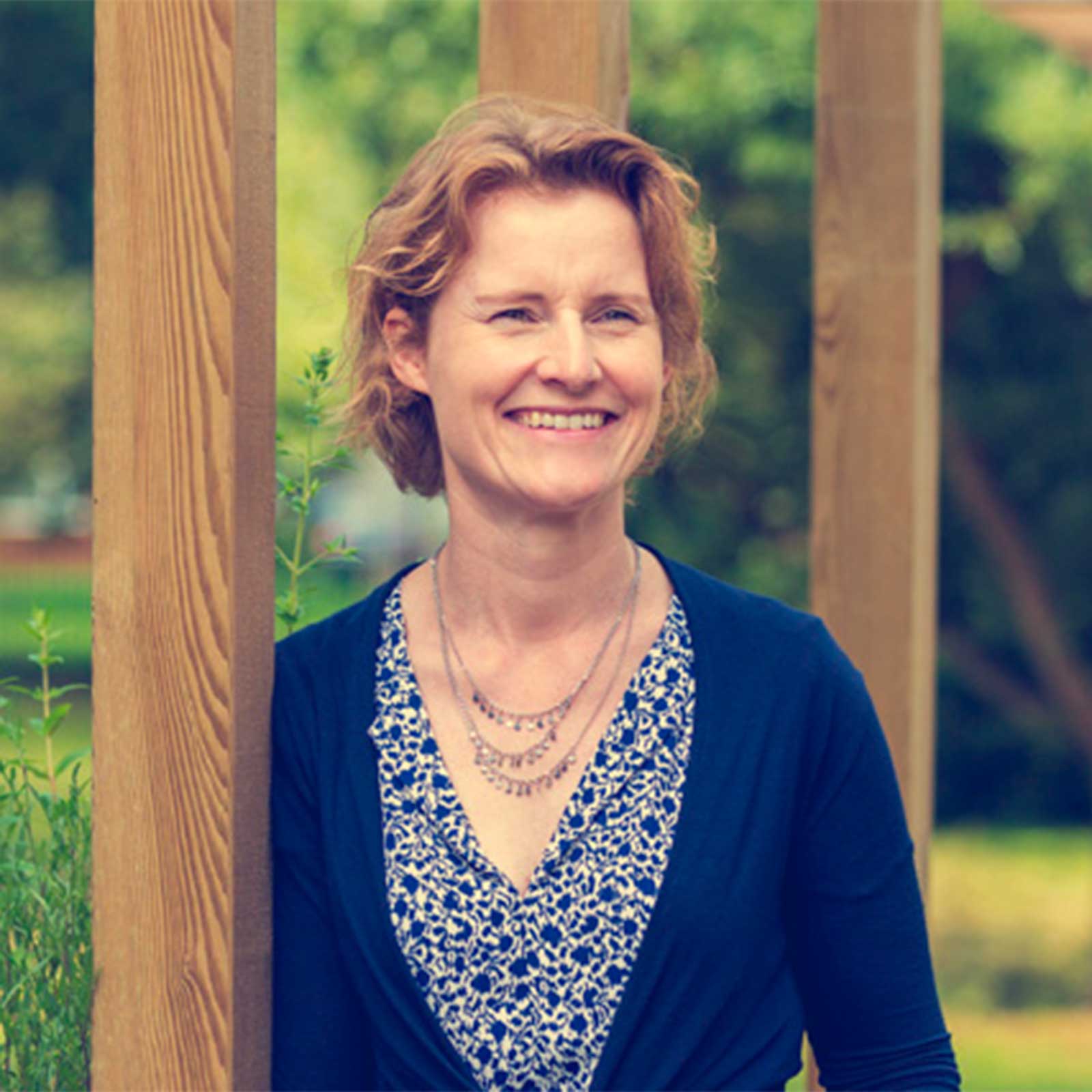
There’s been an influx of “authenticity” content across social media, it’s all about being your full authentic self, leaning into you, embracing your flaws – you know the drill.
I just typed being your authentic self into Google and got these results:
· How to Be Your Authentic Self: 7 Powerful Strategies
· Be Authentic: 19 Ways To Do It
· Develop Authenticity: 20 Ways to Be a More Authentic Person
· 33 Ways To Be Your Authentic Self (And Live More Happily)
So surely the world would be a better place if we all dropped the mask and connect with our true selves?
Maybe. Maybe not.
The case against being authentically you
My least favourite phrase: “I don’t suffer fools gladly.” It’s often code for: I lack humility, I’m abrasive and people walk on eggshells around me.
These aren’t qualities we want in our leaders, and if you recognise yourself with these traits, you might not be getting the results you need.
And if you think that’s BS then I dare say you’re stuck in the 90s (and stopped reading about 2 minutes ago).
You don’t have to be fake.
Author and psychologist Tomas Chamorro-Premuzic sums it up nicely when he talks about how changing your habits will require the exact opposite of being authentic or playing to your strengths.
“It is essentially about learning how to go against your nature, so you can become a more expanded version of yourself. But the rewards are high. Improving how others see you will enhance your career success and upgrade your professional persona. Only those who are privileged and entitled can afford to just be themselves, to everyone else’s peril.”
Tomas offers evidence backed suggestions on how you can change. And they fit like a glove with my Stakeholder Centred Coaching Programme (thanks Tomas 😉):
Increase your self-awareness
This is step one to any coaching programme. Whether it’s a survey or interviewing peers it’s all about getting an undistorted view of how you’re perceived.
Be open to feedback
Can you talk with your peers and direct reports about what and how you’re trying to develop? It might be uncomfortable, but I guarantee it will always be useful.
Be Determined
You want to be a better version of yourself? Think of it as a marathon and not a sprint. Good news, working with a coach can make developing good habits MUCH easier.
Get Help From Others
This is the crucial step that will take your leadership from good to great. Read how Lewis used the suggestions and support from his peers to get the results he needed.
So, don’t think you’ll transform into Alan Sugar (why would you even want to?!) but you CAN become a better version of you if you put in the effort.
And if you want some help making it happen, call me.
